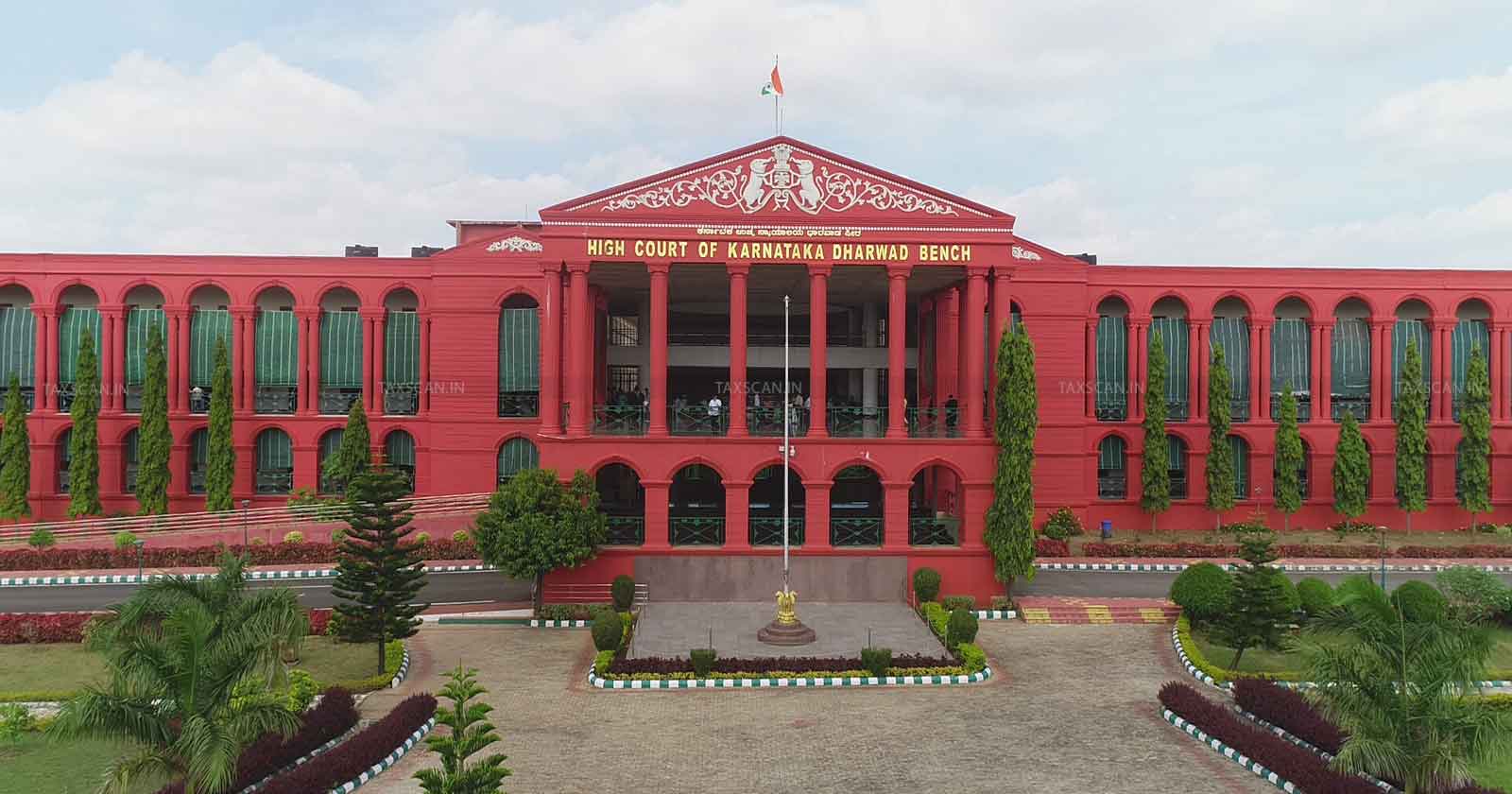Karnataka HC Quashes Ombudsman’s Order, Holds Email Invocation Valid Under Information Technology Act [Read Order]
Justice Suraj Govindaraj, delivering the judgment, observed that the insistence on physical delivery was �shocking� in an era of advanced digital communications and held that email correspondence constitutes valid written notice under Section 4 of the Information Technology Act.

Karnataka – High – Court – Taxscan
Karnataka – High – Court – Taxscan
The Karnataka High Court has set aside an order passed by the Banking Ombudsman that rejected a complaint for invocation of bank guarantees through email, holding that such electronic communication satisfies the requirement of a written notice under the Information Technology Act, 2000.
The appellant, NHDPL South Private Limited, approached the High Court after Union Bank of India refused to act upon email requests for invocation of two unconditional bank guarantees issued in July 2016.
Step by Step Guide of Preparing Company Balance Sheet and Profit & Loss Account Click Here
These bank guarantees, amounting to over Rs. 8.36 crore, were issued in favour of the appellant by the bank on behalf of a contractor, Al Fara’a Infra Projects Private Limited, in relation to a real estate development project named "Nitesh Melbourne Park" in Bengaluru. Despite the guarantees being extended until March and April 2019, respectively, the bank declined to honour the emailed invocation requests, citing the lack of physical delivery of the letters before expiry of the guarantees.
The appellant had first requested the bank on 29 March 2019 via email to either extend the bank guarantee or, failing that, treat the letter as invocation and credit the proceeds to their account. A similar email was sent for the second guarantee on 26 April 2019. Hard copies were subsequently sent by courier but received by the bank after the expiry of the respective guarantees. The bank rejected the invocations and refused payment, stating that Clause 14 of the guarantees required written notice by post or hand delivery.
Justice Suraj Govindaraj, delivering the judgment, observed that the insistence on physical delivery was “shocking” in an era of advanced digital communications and held that email correspondence constitutes valid written notice under Section 4 of the Information Technology Act.
Know How to Prepare Estimation and Viability for Project Reports? Know more Click here
The court referred to its own earlier ruling in Sudarshan Cargo Pvt. Ltd. v. Techvac Engineering Pvt. Ltd. (2013) and relied on the Supreme Court’s judgment in Trimex International FZE Ltd. v. Vedanta Aluminium Ltd. (2010), where it was held that contracts and legal communication could be validly created and acknowledged through electronic means like emails and telegrams.
The High Court also dismissed the bank’s argument that the petitioner had no right to invoke the guarantees after expiry, clarifying that the email invocations were sent before the expiry date. Moreover, the bank failed to respond adequately to multiple follow-up emails from the petitioner, further strengthening the claim of valid invocation.
Quashing the Banking Ombudsman’s order dated 21 December 2020, the court directed that the complaint be reconsidered in light of the legal recognition of electronic communication, and noted that denying invocation solely due to lack of physical notice despite timely emails was unjustifiable. The petition was accordingly allowed.
To Read the full text of the Order CLICK HERE
Support our journalism by subscribing to Taxscanpremium. Follow us on Telegram for quick updates


